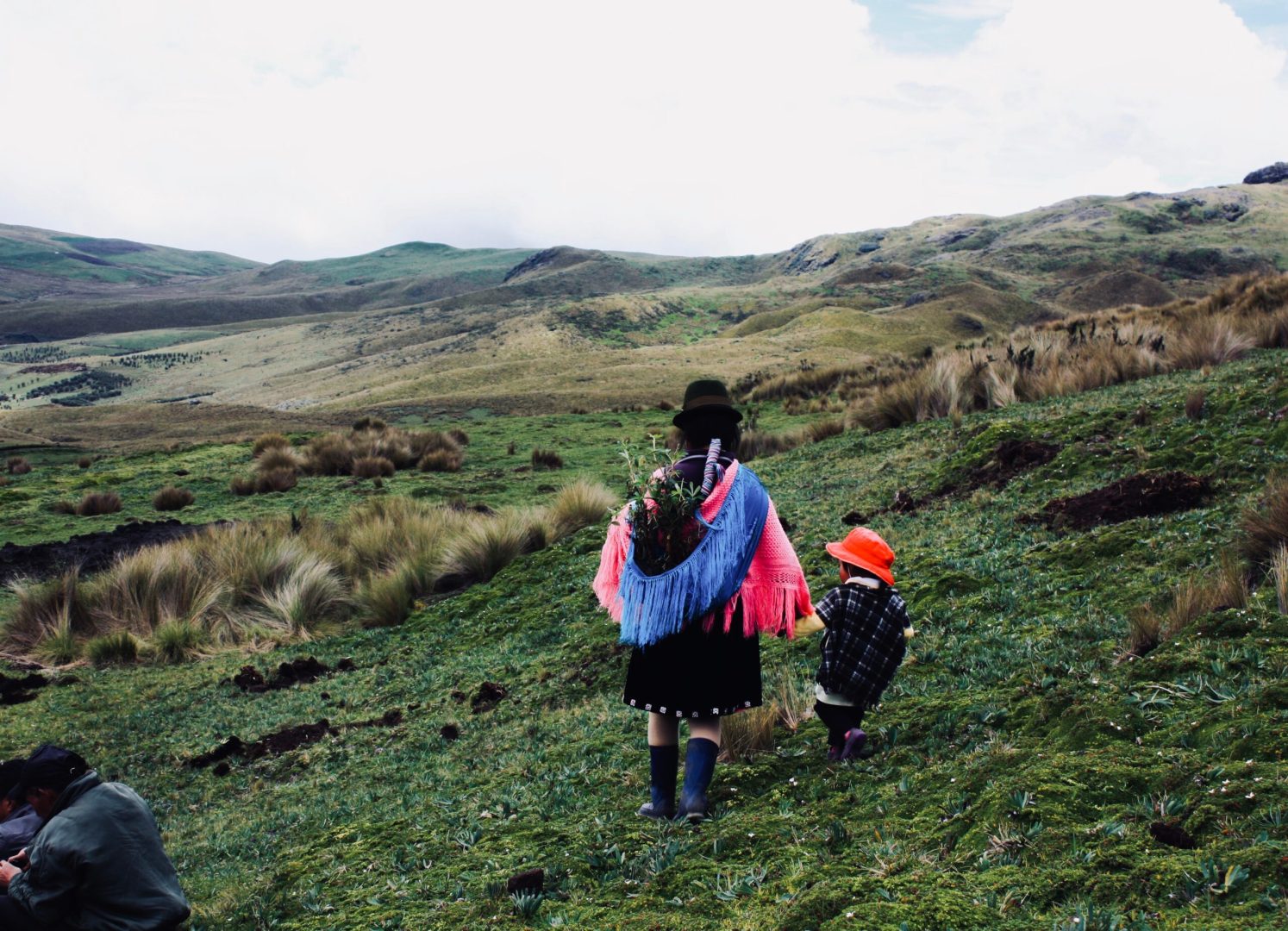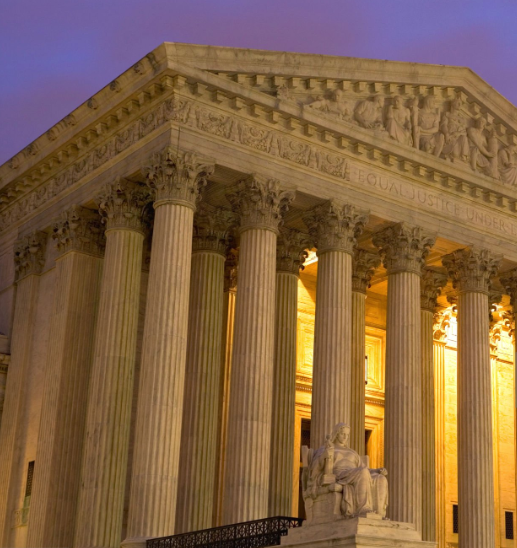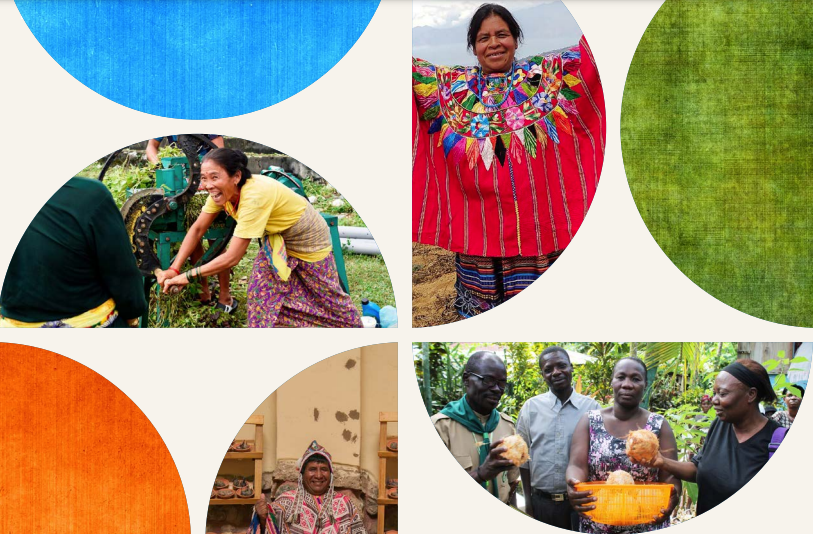Dear Reader,
NCRP’s commitment to climate justice predates this appeal to invest in social movements. The devastation of a rapidly heating planet has been an ongoing concern; the question has always been how philanthropy should address climate change, not whether it should.
The clarion call to invest in movements is heightened when movements intersect with environmental injustices: as Indigenous communities fight corporations to protect their land and water, as migrants are forced to leave homes devastated by climate change and pollution, and as communities that have been underserved and marginalized build mutual aid to replace extractive economic models.
The same disturbances surfaced in climate justice work that we saw in other movement spaces. The needs, experiences, and expertise of communities directly affected by climate change and environmental injustice were discounted in favor of a few influential funders. Billionaires styled themselves as experts and saviors, but the push to “move fast and break things” doesn’t work for the climate crisis.
Though climate change is an existential threat to everyone, organizations on the front lines have been coming to terms with the shift and have been finding real solutions. To responsibly invest in the climate justice movement is to invest in a just transition. As our board member Farhad Ebrahimi describes as he reflects on the Chorus Foundation, “What does it look like to support the kind of infrastructure at the community level that credibly makes them that much less dependent on outside philanthropic or investment organizations such as our own?”
The way that we address climate change has the ability to change the planet. And the ways that funders specifically support a movement of Indigenous people and people of color fighting to protect their water, air, and community has the ability to reshape the sector entirely. The just transition model has been saving communities directly impacted by pollution, disasters, and climate change. This model could be a paradigm shift in the practice of philanthropy – if we let it.
The stakes have never been higher, and the path has never been clearer.
Be bold,
Aaron Dorfman
NCRP President and CEO

More Responsive Philanthropy







